|
11/1/2021 0 Comments Breathworks For Anxiety
Breath work practice have been shown to help with an improved relaxation response who allows us to connect to our self on a deeper level of mind/ body. This higher state brings us closer to the healing, purity, peace, entireness & farther from chronic stress & anxiety. Learn how practicing breathwork can help facilitate your body's ability to reduce anxiety, & release stress.
What Is Breathwork?
Breathwork AKA conscious breathing practice is an active form of breath patterns, done by manipulating your breathing patterns to help manage stress & anxiety. Participants change their breathing patterns & improve the observations of stress from intrusive thoughts, experience better sleep, manage chronic pain, or use it in the event of frequent panic attacks. Some of those most common breathing exercises are which can be performed at individual or group sessions are:
What causes anxiety?
As many as one in thirteen people experience anxiety worldwide. Anxiety is a reaction to stress in the autonomic nervous system, part of the larger 'fight-or-flight' reaction. Breathing exercises like box breathing exercise can help counteract anxiety & lower high blood pressure. Anxiety is caused by the wandering mind that cannot be controlled & usually can be seen simultaneously with whole body muscle tension, & the breath patterns. Thinking about Increasing your self awareness when experiencing anxiety can help you achieve a relaxed state faster, & manage your mental health. Studies has shown that poor mental health can lead to severe mental illness when anxiety is too high & not managed long term.
The Science of Breathing Exercises: Controlled Breathing To Calm Your Mind & Body
The benefit of breath work lies in our conversation with body, specifically, the autonomic nervous system(brain). When anxiety develops, the sympathetic(fight/flight response) nervous reacts by increasing stress hormones, changes the breathing patterns, & brings you into the fight or flight response. By controlling how we breathe, we send a signal to our brain that the threat is gone & shifting the body into rest & digest(parasympathetic nervous system). Knowing how to increase carbon dioxide also increases the oxygen delivery to your body, & helps activates the vagus nerve which is responsible for our visceral & overall health.
How Does Deep breathing/ Deep breaths Help?
Anxiety can cause shortness of breath or the sensation of drowsiness & suffocation in your breath or body. The most instantly apparent symptom of an anxious person is likely to be sudden breath change in breath cycle(inhale/exhale). Breathing properly for us means that your deep breath of inhale should expand your rib cage outwards away from your midline, & coming back to the centre line of your body on the inhale. This simple practice puts you in a reduced stress via a meditative state of just being aware of your inhale/ exhale cycle. The ANS(autonomic nervous system) represents a vast set of self-regulating functions that are vital in keeping us alive. These include vasomotor activity, heart regulation, the digestive system urination sexual arousals & respiratory activities.
Deep Breaths
Breathwork practice such as belly breathing, controlled inhale/ exhale, even when you hold your breath can affect your metabolism, blood pressure , blood PH, insulin, & lung capacity - among other things. In doing this, we take advantage of conscious breath practice to send a clear signal indicating we're not actually facing danger & to allow our rest and relaxation to dominate our sympathetic responses as well as our digestion , & heart rate. Try to practice your exhale longer than your inhale without rushing to help you achieve better state of mind & calm stressors.
How Breathing Helps You Overcome Anxiety & Depression?
Some people turn to drugs or alcohol to numb negative emotions. Breathing is an effective treatment for anxiety & trauma. It may also help in raising esteem & increasing confidence. Breathing exercises helps you achieve mind control to focus & allow for detachment & de-conditioning of the triggers of your anxiety if the practice is done regularly.
Breathwork is gaining traction for its simplicity.
The number of people who have done a breathwork practice class have risen due to its efficiency & simplicity. "You don't need to think or feel in an arbitrary way you just breathe and you experience something new," Jab says about breathing. Breathing techniques are easy to learn & easy to apply with practise, no expensive or fancy equipments, just you & your breath to do anywhere for whatever reason. Most people hold & stay in the stress response in the body & hardly facilitate the sympathetic nervous system by being a chest breather, have shallow breathing(short exhale), or a heavy mouth breather. Hyperventilating & shallow breathing can lead to a range of health conditions which includes sleep apnea, visceral, tension headache migraine, insomnia, depression, & so on.
Breathing is the body's own Swiss Army knife.
Just like the Swiss army knife, the breath is simple yet can be used in so many scenarios when facilitated by a life coach who is certified to teach you the importance of exhale & how it can help in emotional, physical, mental wellbeing, & spiritual.
Alternate Nostril Breathing for Anxiety
Whenever you're feeling anxious / feeling stressed, reducing anxiety is much easier than you think. Do the alternate nostril breathing, using your right thumb for your right nostril & ring finger for your left nostril. Start to do the breathing technique:
Breathe With Us
Ready to make breathing practice a common practice? Come join a class that is led by experts, learning simple breathwork techniques in improving how you breathe to, lower blood pressure, & reduce stress and anxiety. Book your sessions today.
0 Comments
Leave a Reply. |
Location151 A #02
Kitchener Road S(208526) Train Station: Farrer Park |
|


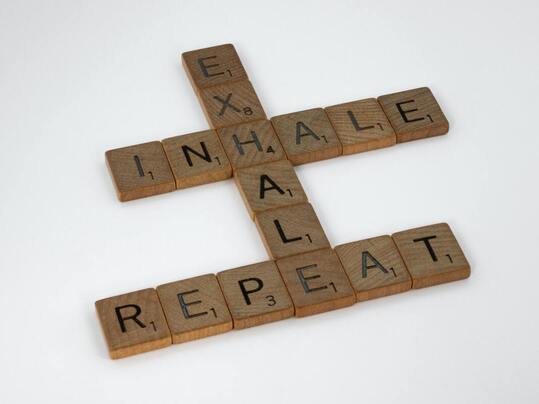

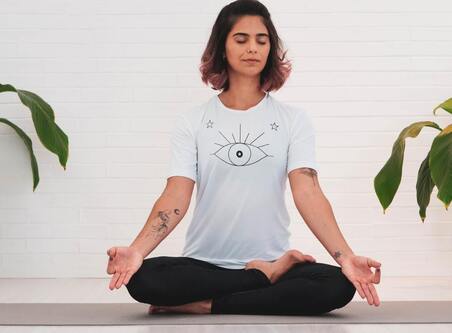

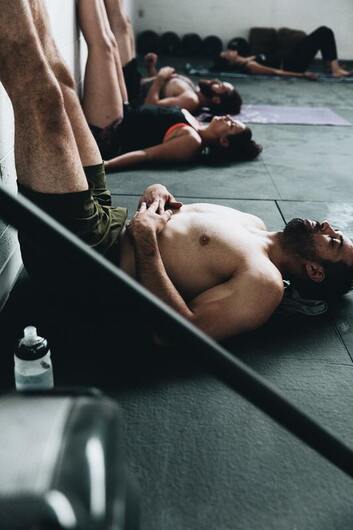
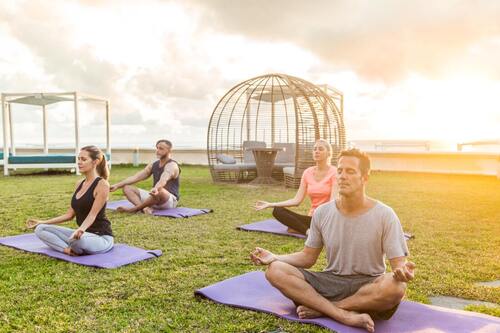
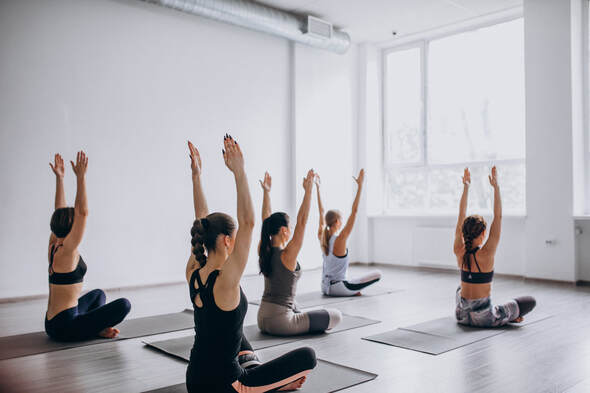
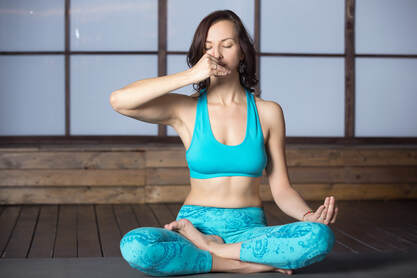
 RSS Feed
RSS Feed